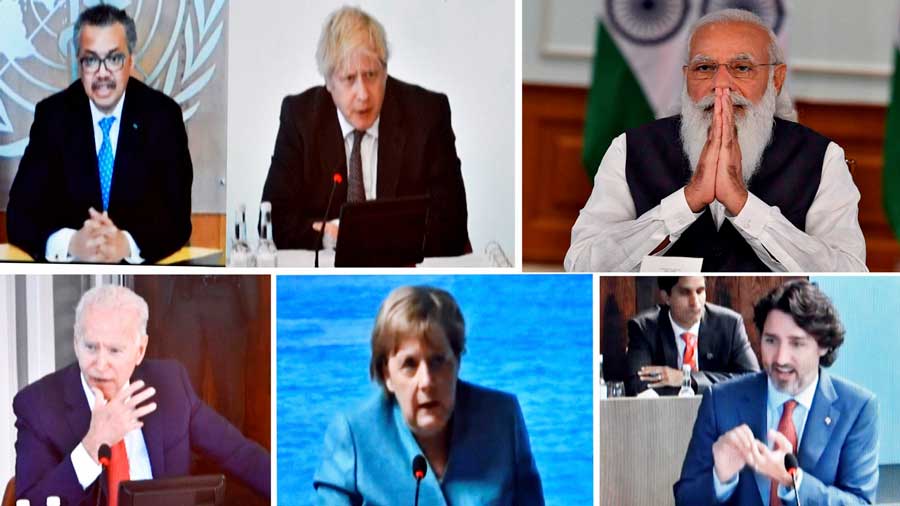The G7 countries are mooting to subject large businesses to a global minimum corporate tax rate on a country-by-country basis. According to the G7, subjecting companies to a minimum tax rate would end the “race to the bottom” on corporate tax rates and tackle base erosion and profit shifting practices employed by large businesses. While the proposal may have some peculiar advantages, it is not as straightforward as it seems.
Firstly, the idea of a global minimum tax is not new. As part of its 15-point BEPS Action Plan, the Organisation for Economic Co-operation and Development has come up with a range of recommendatory reports to tackle some of the common ways in which businesses avoid paying corporate tax in countries in which they operate. Since 2018, the OECD has been discussing a reform package — bifurcated into two pillars — to address the direct tax challenges posed by the digital economy. The Pillar 1 approach, on allocation of taxing rights, faced serious objections from developing countries that felt that their taxing rights were not being protected. The Pillar 2 approach, on introducing a global minimum corporate tax rate, would be meaningless in the absence of fair and equitable reallocation of taxing rights in the context of the digital economy.
Secondly, it is true that countries lose billions of dollars in tax revenues every year to corporate tax avoidance, but we must ask who the proposal would benefit the most? As per the proposal, any “top-up” tax collected from businesses that have paid less than the minimum tax rate in foreign jurisdictions would be clawed back by the United States of America as the country of residence. Since most large businesses that benefit from preferential tax rate structures are tax residents in the US, it is the US that will benefit significantly from additional tax revenues.
Thirdly, the rate of tax — currently mooted to be at least 15 per cent — is likely to be an issue of disagreement. The rate is too low and will kindle a new “race to the minimum”. Most countries apply a corporate tax rate of more than 15 per cent, but companies pay much less in tax, thanks to tax incentives and schemes. The proposal would die sooner if countries continue to provide tax incentives or insist on overbroad carve-outs.
Finally, the G7 finance ministers do not set the global tax agenda. Recent international tax reform has taken place under the umbrella of the G20 nations, which includes emerging powers such as India and Brazil. To call the G7 proposal a “global agreement” is misleading at worst and naïve at best.
It is imperative to keep in mind that the average corporate tax rate in the world has gone down significantly over the last few years. Perhaps governments realize that low corporate tax rates attract foreign investment. The proposal unfairly targets smaller countries that have few options other than keeping their corporate tax rates low to attract investments and retain their overall competitiveness. It is unfair on the part of a handful of rich countries to ask these smaller countries to surrender their national sovereignty to legislate on tax law and
policy.
India must strongly oppose a G7-centric proposal in the guise of international tax reform. Doing so becomes particularly important when the country is reeling under economic distress due to the Covid-19 pandemic. A tax system should be certain and fair. But it must also be flexible, which includes making changes to tax rates to suit the immediate and long-term needs of the exchequer without external control.











